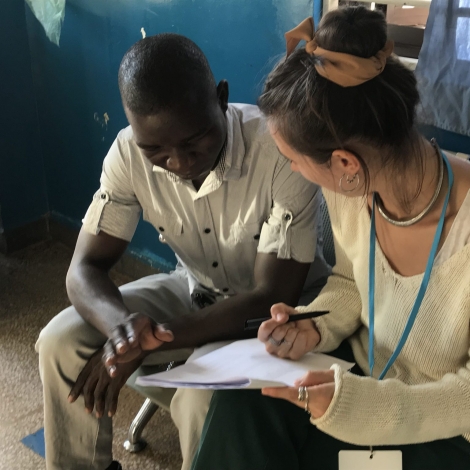Members and readers of Engineering for Change are invited to take part in defining the best practices in biomedical engineering in low-and middle-income settings. The International Federation of Medical and Biological Engineering is collecting answers to this survey to share with global experts worldwide.
“The results of the survey will be shared with relevant stakeholders such as the World Health Organization to steer future policies in LMIC,” Dr. Carmelo de Maria, Assistant Professor in Bioengineering at the University of Pisa (Italy), and a member of the IFMBE who is directing the survey, told E4C by email.
“Results will be also shared in an open-access publication, providing, of course, free access to all data,” Dr. de Maria says.
The platform for openly releasing these best practices may be UBORA, an open-source open biomedical engineering e-platform for learning and collaborating on creative ideas in biomedical engineering. Dr. de Maria is a founder of UBORA, and E4C has supported his work to expand the platform and educate the global community through the UN Economic Commission For Africa’s bootcamp in June of 2020.
UBORA offers a tool for virtual collaboration in the development of biomedical devices. Anyone can work with the platform’s more than 900 innovators on existing projects, or create your own. All projects are open source and guided by UBORA’s certified mentors.
To date the organization has trained more than 800 engineers, developed two open-source medical devices and launched a spin-off company and a foundation, according to its entry as a finalist in the European Commission’s Horizon Impact Award 2020.
The survey on best practices in biomedical engineering will work toward expanding a field that can transform healthcare, especially in low- and middle-income settings, Dr. de Maria wrote in his description of the project. The questionnaire solicits opinions on relevant and emergent technologies, new paradigms in medical technology development, innovative biomedical engineering education, regulation and standardization, and policymaking. It should take about 10 minutes to respond.
Link to the questionnaire: https://forms.gle/dCS3RfD41J7czSK67.

